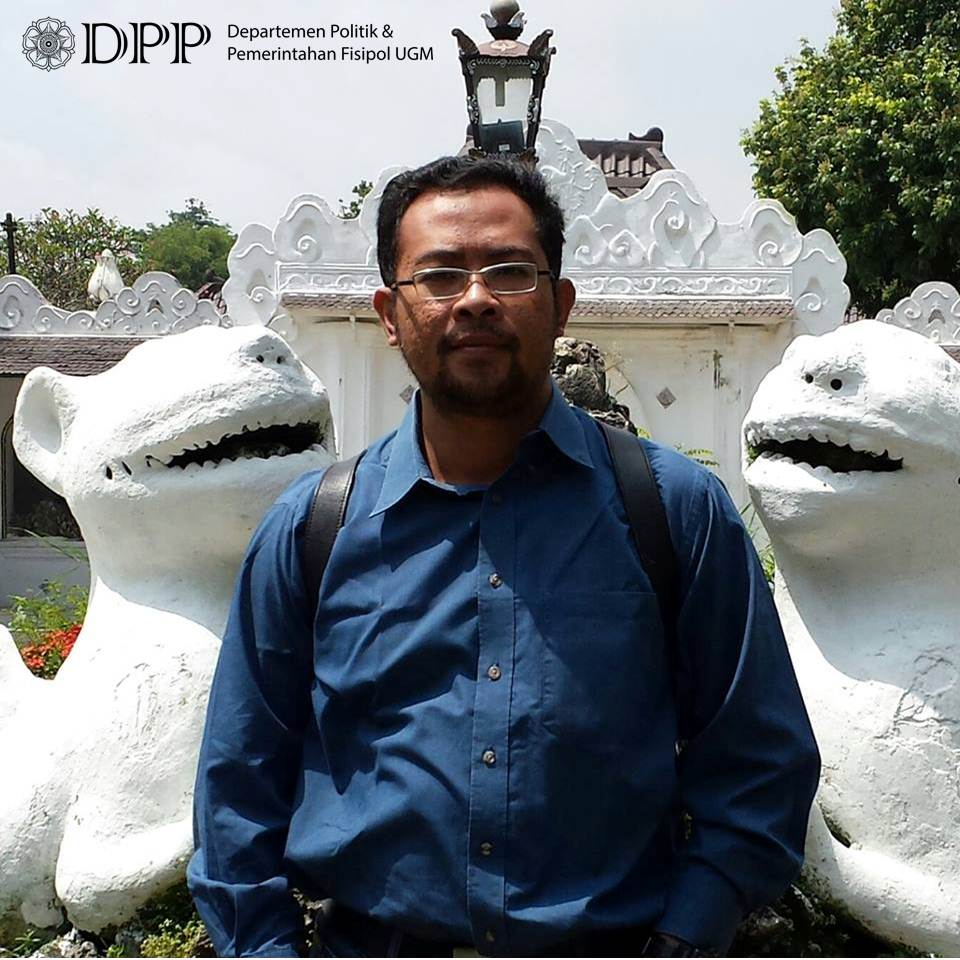Since independence (or possibly since it was founded), in my record, there has never been citizens demonstrating to the Pakualaman Temple of Yogyakarta, whatever the cause. Land affairs that became economic and political sources, has always been an important issue throughout the kingdom. Although some demo orations are delivered in Javanese Krama (the highest level of Javanese language for the respected people), banners are loud and unheard of in the tradition of protests against traditional institutions and Javanese society. Who judge everything using taste.
The most violent protest that is traditionally known is just a tapa pepe, basking shirtless among the banyan brackets calling for Sultan’s justice. Thus, a major protest on September 15th which one of its banners reads, “Paku Alam do not be stingy”, needs to be addressed in the context of a changing society.
Traditional institutions such as Pakualaman Temple and Yogyakarta Sultanate are different from other government and modern institutions. Both are established and established by a patron-client mechanism linked through the ground. The king as a patron gets the loyalty and support of the people as a client whose life depends on land as an economic source of agrarian society.
Periodically every year, the King receives an expression of gratitude in the form of crops and livestock which is always less than the profit received by the tiller. The people feel that they must nudge the King through important moments like Grebeg Jumeneng and Mubeng Beteng. It is different from the concept of a modern state where relationships are built with impersonal logic that puts each person together, and equals the same treatment.
Therefore, the relationship between the Airport Indemnity Committee and the landowner is a broken relationship. The relationship is completed when each party feels he has got and give the fee agreed. No hesitation to play, everything has been replaced through nominal transfer. For those who are not satisfied, please take justice in court.
Transactional compensation is not necessarily applicable to the PA land titre compensation mechanism. On the one hand, the PA will not be willing to cut off mechanisms because it will lose its support base, although most will occupy the land as magersari as a residence replacement. On the other hand, the tiller farmer feels the need of rupiah because of loss of livelihood which in the condition of society is more consumptive, the bigger the better. In addition, the compensation received by Pakualaman also increased because the land was already processed into productive land. Regardless of whether the farmers have ever asked for permission or handed over the harvest to the temple they believe to be the owner of the land.
Other issues related to justice for the compensation of a varied tenants. PA land holders can be divided into several categories. First they are poor and rely solely on income from working on PA land and not receiving other compensation. Those who should be prioritized, must be guaranteed and cultivated the economic source of his successor. Second, farmers also own other compensated land. Other lands that receive compensation could be due to the accumulated benefits of treating PA land or other sources. This is a second priority worker. Third, a handful of opportunists who feel compensation have been received from the land less than they expect or have invested.
Rp. 702 billion that will be received by PA will be used to buy the land back. This is the best investment PA can make to ensure, not only economic viability, but also political and cultural support. Farmers will continue to be pursued into a political enabler that can at any time be used for the benefit of the temple. Ironically, Pura does not have complete data about the land and anyone who owns the land.
Each side must seek a common ground between rationality and taste. Demonstrations as concrete forms of pressure groups in the logic of modern society may be less effective to suppress traditional institutions. Because of the legal side, farmers are in a weak position because they are not recognized as landowners according to regulations. Do not believe, go to court. This is the last institution that shows how the feeling no longer works. Photos: Personal Documents. #DPPUGM #UGM

